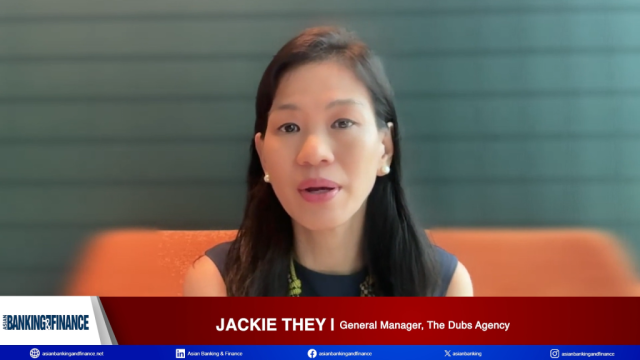
How to close the budget gap before it’s too late
By Stuart HarmanA key role of the finance team in any commercial organisation is to co-ordinate the annual budgeting or fiscal planning process and then to provide regular updates on progress towards the attainment of that plan.
Many Asian organisations struggle with gaps between actual performance and budget, which only become apparent towards the end of the year, by which time it is too late to do anything significant to close the financial gap.
As a result, executive teams can take drastic action in an attempt to make up the gap in the short period of time before the end of the fiscal year. I have seen companies freeze spending on travel, hiring and training; defer new projects; even cut back on employee provisions like tea, coffee and biscuits! A burden, which often falls to the financial department to impose.
This ‘crisis management’ activity, however, seldom closes the gap. In fact, it often has a negative impact, with the additional controls increasing the time taken to make decisions, and typically slowing down improvement activity across the organization. At the same time employees impacted by delayed spending, whether on business activities or biscuits, quickly become disaffected.
So why does this cycle of behaviour continue to occur? The root cause of the problem often stems from a reluctance within the organization to report anything other than achievement of the budget, for fear of losing face.
Whereas, in reality, the annual budget often becomes quickly outdated, as it is overtaken by events occurring in both the internal and external environment.
If one part of a company slavishly adheres to the budget plan, without considering changes elsewhere in the organization, the consequences can be disastrous. For example, in one consumer goods company I worked with, the manufacturing operations rigidly maintained budgeted output levels, despite the loss of a major contract that reduced sales by 30% from the budgeted level.
As a result, the company was forced to hire three additional warehouses to store the surplus stock and subsequently ran out of cash, resulting in receivership.
In the fast-paced business environment of today, companies need a management process that not only considers all parts of the organization (Sales, Marketing, Supply, HR, IT, Engineering, R&D, Finance etc), but that also allows them to regularly update their plans.
Integrated Business Planning (IBP) is one such process. Led by the executive team, it is a common sense process for planning and managing the entire organisation over a 24 month horizon (or more).
This length of planning horizon enables gaps in the annual budget to be identified early enough for a number of gap closing strategies and activities to be developed and executed. Early gap identification and action eliminates the need for the non-productive ‘crisis management’ behaviours outlined above.
IBP also incorporates plans from the individual business functions to form one integrated company plan, which all departments can refer to; and which is crucially updated on a monthly basis.
This integrated business plan can then be regularly compared to the annual budget, any divergences highlighted and the executive team can effectively allocate critical resources – people, equipment, inventory, materials, time and, most importantly, money – to close that gap before the end of the financial year.
Stuart Harman, Partner, Oliver Wight
























 Advertise
Advertise







